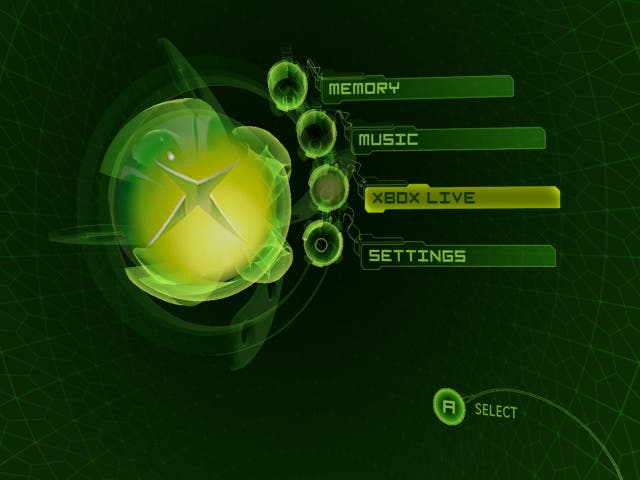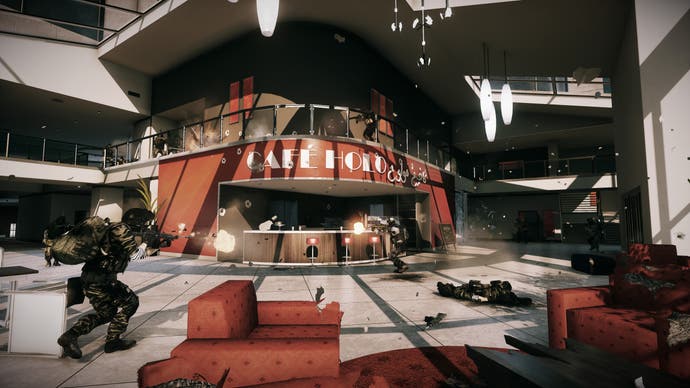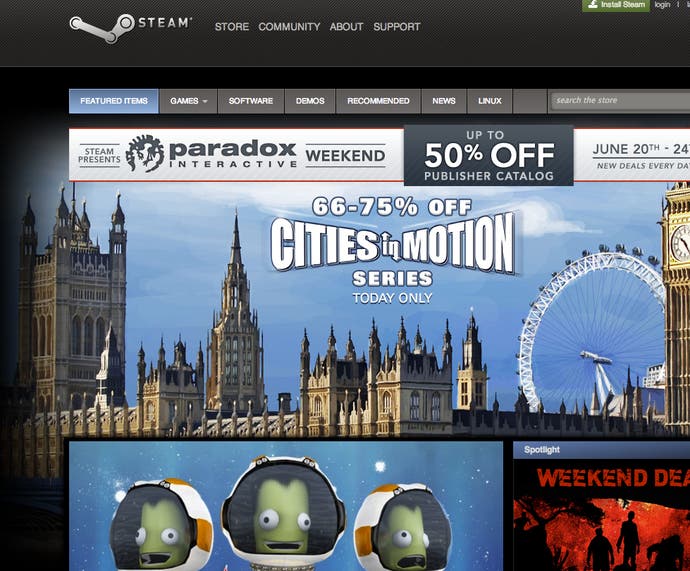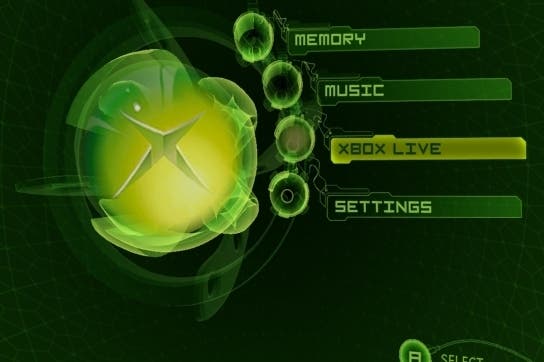The most popular arguments in favour of Xbox One DRM
Analysing the backlash against the backlash.
Yesterday I questioned whether Microsoft's decision to change its Xbox One DRM plans addressed the underlying issues that got the company into trouble in the first place, but on the whole I was happy to see the proposed policies rolled back, and left hoping that Microsoft will use this as an opportunity to find a better balance between the art and business sides of gaming.
Not everyone was pleased with the company's decision, though. Here are a few of the most popular arguments in favour of the original Xbox One policies, along with some of my thoughts on why they are flawed.

"Xbox One would have solved the problem of buying a game on disc and then not being able to store it digitally or download it from the cloud."
The situation that we have now - and will have on Xbox One - is certainly inelegant, but I don't think the answer is to sacrifice what little sense of ownership is left to us. What I would like to see is a solution that shows an appropriate amount of respect to the creator, distributor and customer.
Compared to the original Xbox One ideal, the movie industry (somewhat incredibly - they would cut you up for firewood if it meant a better margin) has the less draconian Triple-Play, where you pay a premium to buy a film on Blu-ray, DVD and digital at the same time. This isn't perfect either, but it feels like a step in the right direction, and it is also offered as an option rather than a one-size-fits-all solution.
"Publishers could charge less for games."
This claim seems to hinge on the idea that publishers will suddenly receive a cut of the resale market and therefore won't have to squeeze us. This is extremely optimistic. I think publishers will charge us exactly as much as we will pay, so if we continue to buy games at £40 then publishers will pocket the new money they get from a digital resale market and charge us £40 for new stuff all the same. That's just how business works, really - a few smaller companies with strong morals and ethics may pass on savings, but otherwise surely the notion of trickle-down economics has been thoroughly discredited?
Actually, the cost of gaming will probably continue to go up - maybe not in terms of the initial outlay, but over the lifespan of a game we enjoy, the cost of necessary micro-transactions, boosters and subscription elements will mean we pay more per release. Meanwhile, sales of traditional triple-A games could even get worse if the existing resale market is threatened, because a lot of consumers factor resale value into their purchase decision and would find the alternative unappealing.
"You could make more money from your trade-ins."
We don't know exactly how the used game market - or 'used licence' market, if you like - was supposed to work, so it's hard to pre-judge its impact, but it seems extremely optimistic to think you would be able to simply sell your licence back to Microsoft for the equivalent of a partial refund. Any second-hand salesman has to be able to say 'no' to someone proposing a trade-in deal, or else they can end up with loads of stock they will never shift.
It's more likely that the digital used game market on Xbox One would have resembled an auction house, in which case the convenience to people using it would also increase competition among individual second-hand sellers, which would actually drive prices down. Meanwhile, publishers would make out well by skimming a percentage of whatever you did get for your licence off the top.
As for the bricks-and-mortar resale market, I can't imagine how it would have worked, but GameStop's existing attitude to consumers hadn't exactly filled me with optimism.

"Everyone used to hate Steam, but everyone loves it now. Xbox One could have been the same."
Steam is a closed system like Xbox Live, but the crucial point is that it has to compete with other systems, like GOG, Amazon, Origin, U-Play and various others. These competitive market forces are one of the key reasons that the price of new PC games is driven lower than its console equivalent.
Meanwhile, there is only limited digital competition within the console space. Some digital games are multi-format, but as Microsoft's management of Xbox Live Arcade demonstrates, it will do its best to keep things exclusive so that it is not subject to these competitive market forces.
As for super-cheap sales of old games on Steam, they happen because those games stand more chance of making any money that way. Otherwise they are just catalogue items that users barely notice. The same thing also happens to a limited extent with Xbox Live summer sales, and Xbox One's attitude to pricing would probably just resemble that.
"Sharing games with your 10-person family plan would have been so much better than the total lack of digital sharing we have now."
Obviously this ignores the fact that we still have the option to buy many of our games on disc, where no such restrictions apply.
If you modify the claim to apply to digital stuff only, then yes, it's true that a 10-person sharing plan would be superior to what we have now - assuming it meant sharing the whole game for free across multiple devices owned by the same family. So what's stopping them introducing that anyway? Physical media should be able to co-exist with this system, which is why we could still see it in the future, assuming Microsoft actually thinks it was a good idea and it wasn't just an olive branch conceived after the original PR battering.
"The 24-hour online check-in was a necessary evil because it allows games to run entirely off the hard disk and be shared digitally."
It's hard to unpick this one without knowing the specifics of how it all worked, but it's worth noting that making installation obligatory was Microsoft's decision in the first place, and if we are going back to the way things work on Xbox 360 then perhaps it won't be necessary.
As with many of the Xbox One's positions on DRM, the 24-hour check-in was convenient for Microsoft's business objectives, but it clearly wasn't that important to games. The ease with which these elements have been scrapped, and the very small number of things Microsoft has had to sacrifice in order to hit its November date with a full software line-up, just goes to show just how unnecessary it all was.

"DRM makes stuff more affordable."
I'm afraid I think this is a case of mistaking correlation for causality. Competition makes stuff more affordable.
"Now all we have is Xbox 360 2.0. How is this progress?"
It isn't progress. But change doesn't automatically represent progress either.
The thing that is genuinely sad about the rollback of Xbox One's policies is that it has drawn even more attention to the absence at E3 of any startling new creative thinking from the people using it to make games. But we shouldn't forget that the promise of innovation in Xbox One - made by the likes of Phil Harrison during the system's original unveiling - was the triumvirate of cloud computation, being able to rely on Kinect 2.0 in every box, and the promise of using multiple devices at once. None of these things relies on any of the measures Microsoft has taken out of the Xbox One this week, so there is no reason that Xbox One games should be any less imaginative and exotic than they were going to be in the first place.
As for whether those things were going to result in better games anyway? Well, we shall have to wait and see. It's not long now until November, so we'll know soon enough.



-3-31-23-screenshot.png?width=291&height=164&fit=crop&quality=80&format=jpg&auto=webp)





